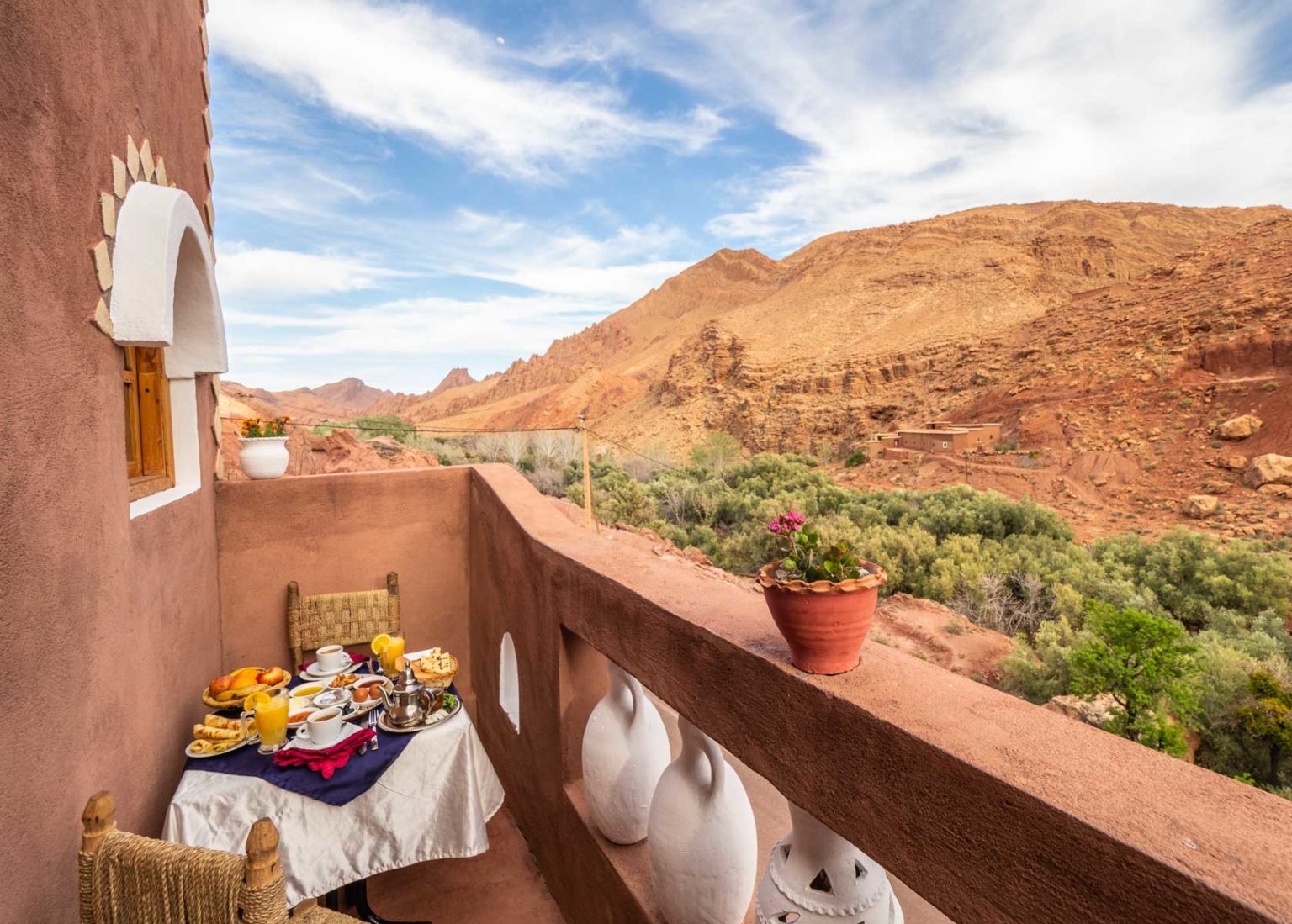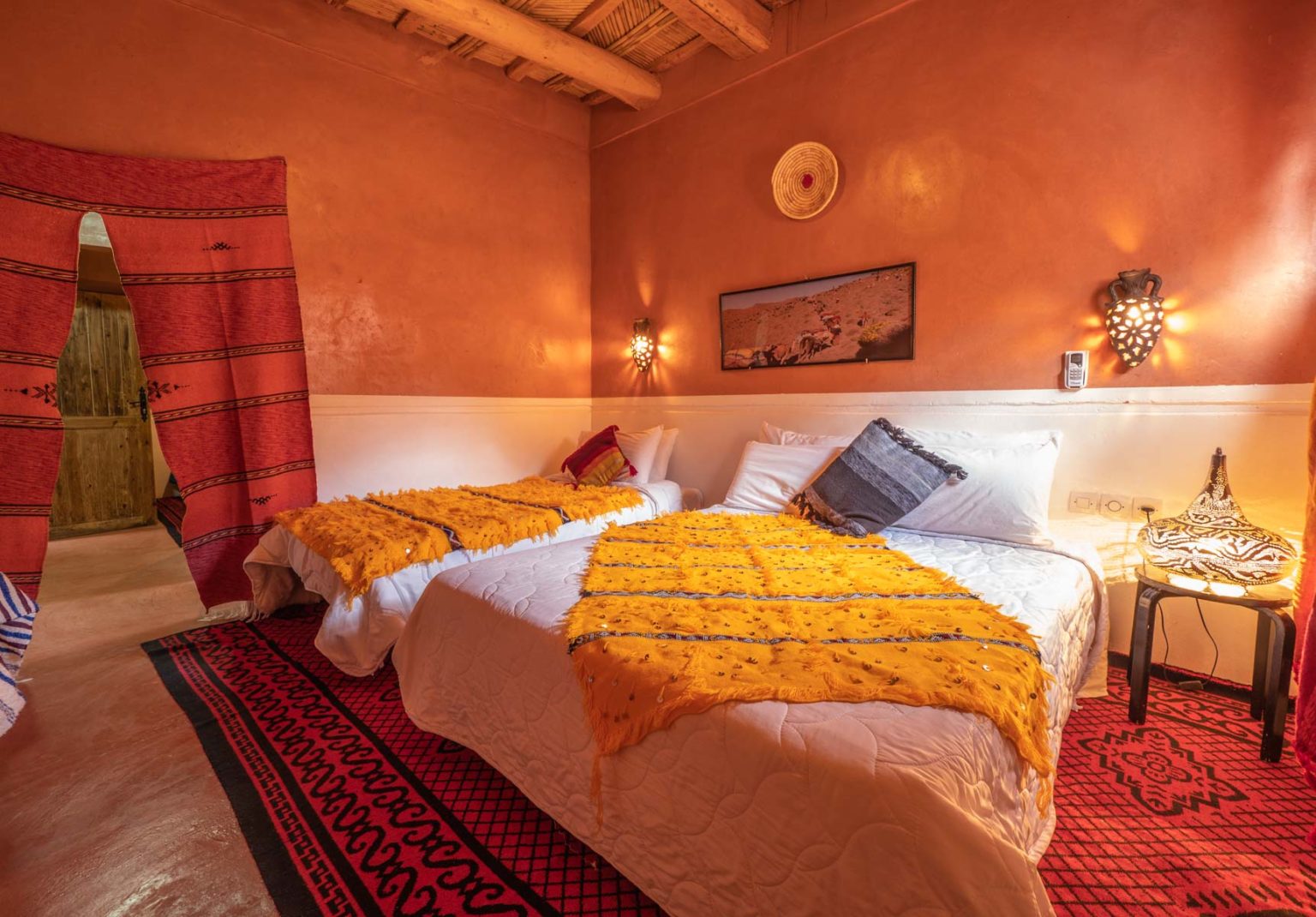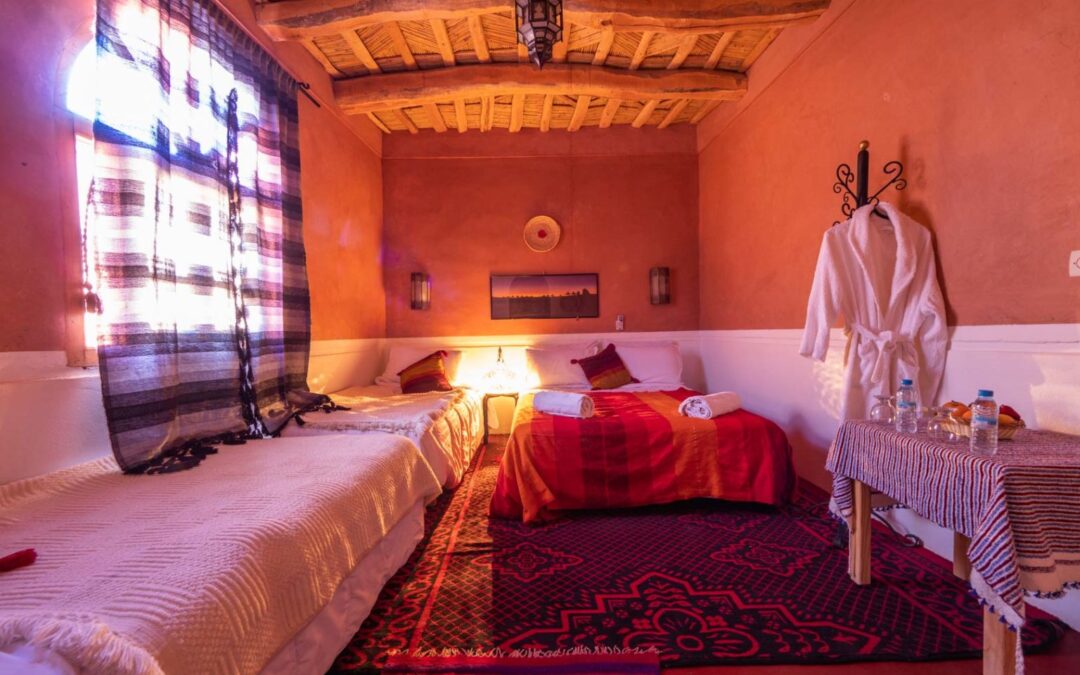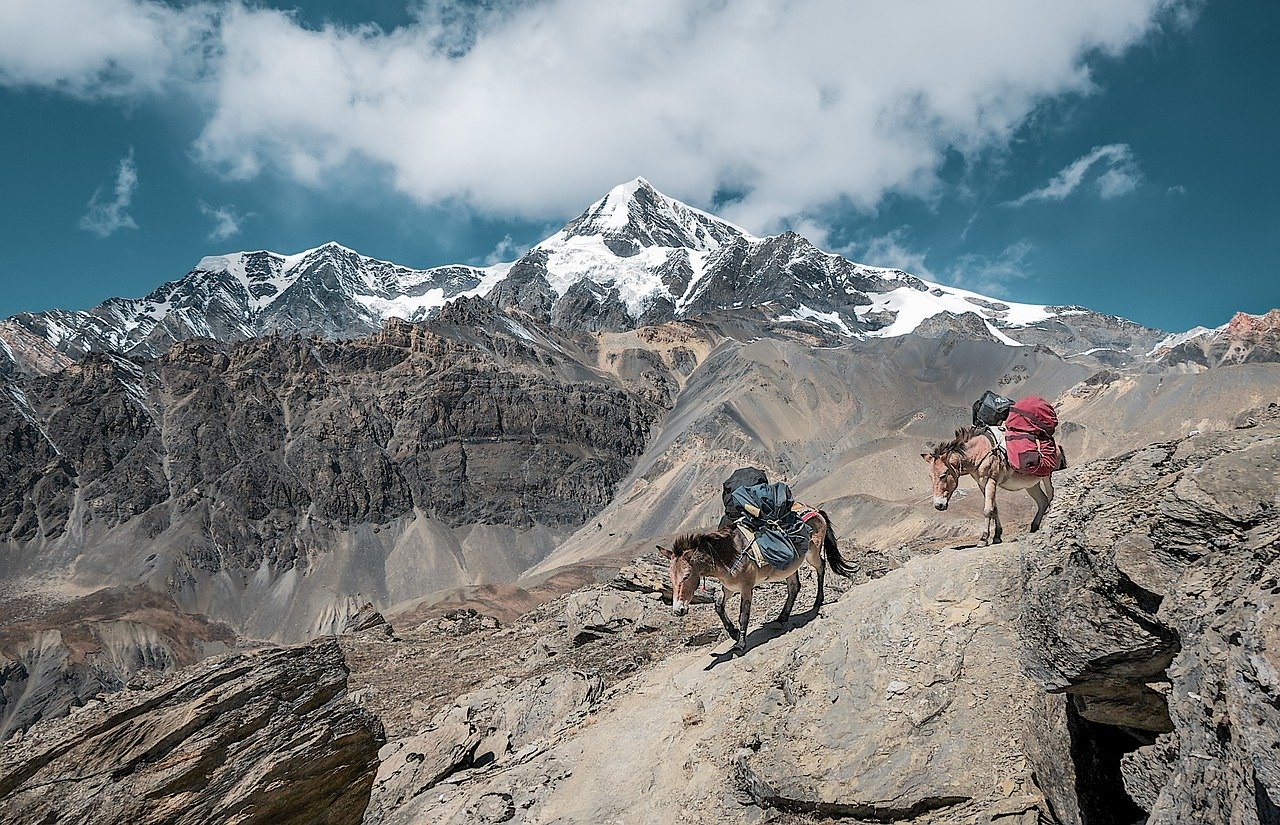
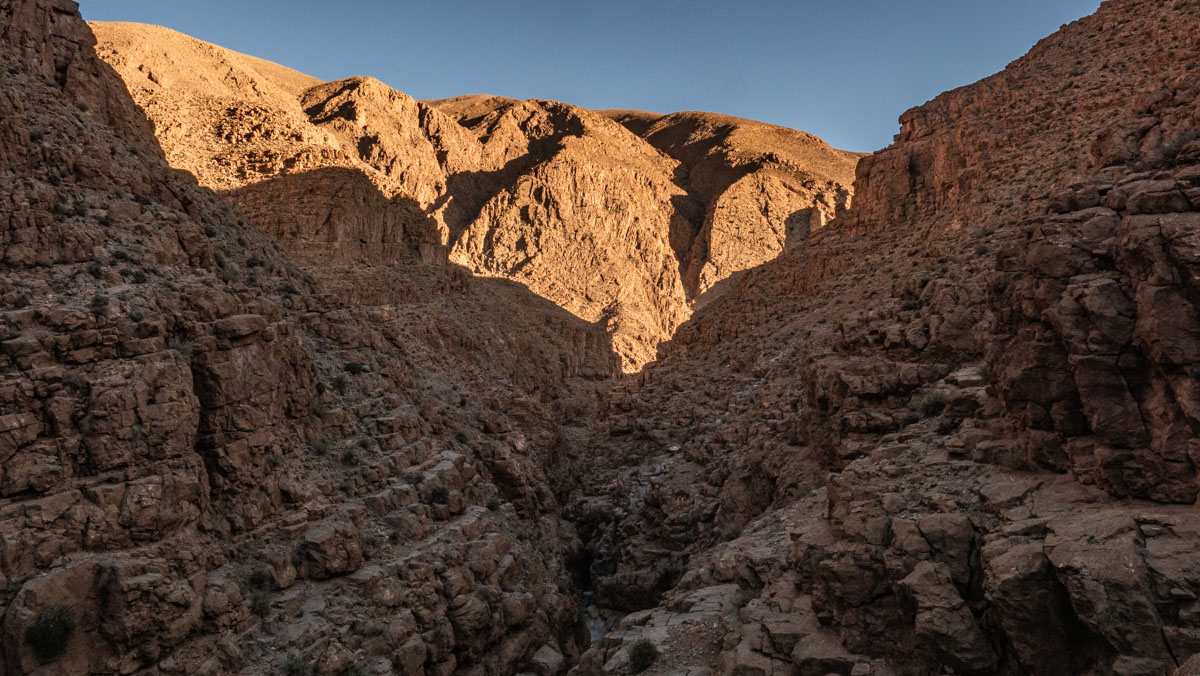
Understanding Moroccan Berber Identity in the 21st Century
When exploring the rich cultural tapestry of Morocco, one cannot ignore the vibrant Berber identity that has shaped the country’s history and continues to influence its present. In the 21st century, the Berber people, also known as Amazigh, play a significant role in defining Morocco’s cultural landscape. One of the key aspects of experiencing Morocco’s Berber heritage is through a visit to the picturesque Auberge Atlas Dades.
The Berber People: A Living Legacy
The Berbers are the indigenous people of North Africa, with a history that predates the Arab conquest of the region. Despite centuries of cultural exchange and influence, the Berber identity remains strong, with many Moroccans proudly embracing their Berber heritage. The language, traditions, and customs of the Berber people are integral to the country’s diverse cultural fabric.
Preserving Berber Traditions in the Modern World
In the face of modernization and globalization, efforts are being made to preserve and promote Berber traditions. Auberge Atlas Dades serves as a gateway to the Berber world, offering visitors a glimpse into the rich tapestry of Berber culture. From traditional music and dance performances to authentic cuisine, the Auberge provides an immersive experience that showcases the beauty of Berber traditions.
Connecting with Nature and History
Located amidst the stunning landscapes of the Atlas Mountains, Auberge Atlas Dades offers visitors the opportunity to connect with nature and history. The rugged beauty of the mountains, the lush valleys, and the ancient kasbahs all contribute to a sense of timelessness that is deeply rooted in Berber heritage. Exploring the surrounding area allows visitors to appreciate the close relationship between the Berber people and their environment.
Embracing Diversity and Inclusivity
As Morocco continues to evolve in the 21st century, there is a growing recognition of the importance of embracing diversity and inclusivity. The Berber identity is an essential part of this narrative, highlighting the country’s multicultural heritage. Auberge Atlas Dades exemplifies this spirit of inclusivity by welcoming visitors from all walks of life and offering a space for cultural exchange and understanding.
Looking to the Future
As Morocco looks to the future, the preservation and celebration of Berber identity will continue to play a vital role in shaping the country’s cultural landscape. Auberge Atlas Dades stands as a testament to the enduring legacy of the Berber people and their contribution to Morocco’s rich tapestry of cultures. By exploring the intersection of tradition and modernity, visitors can gain a deeper understanding of Moroccan Berber identity in the 21st century.
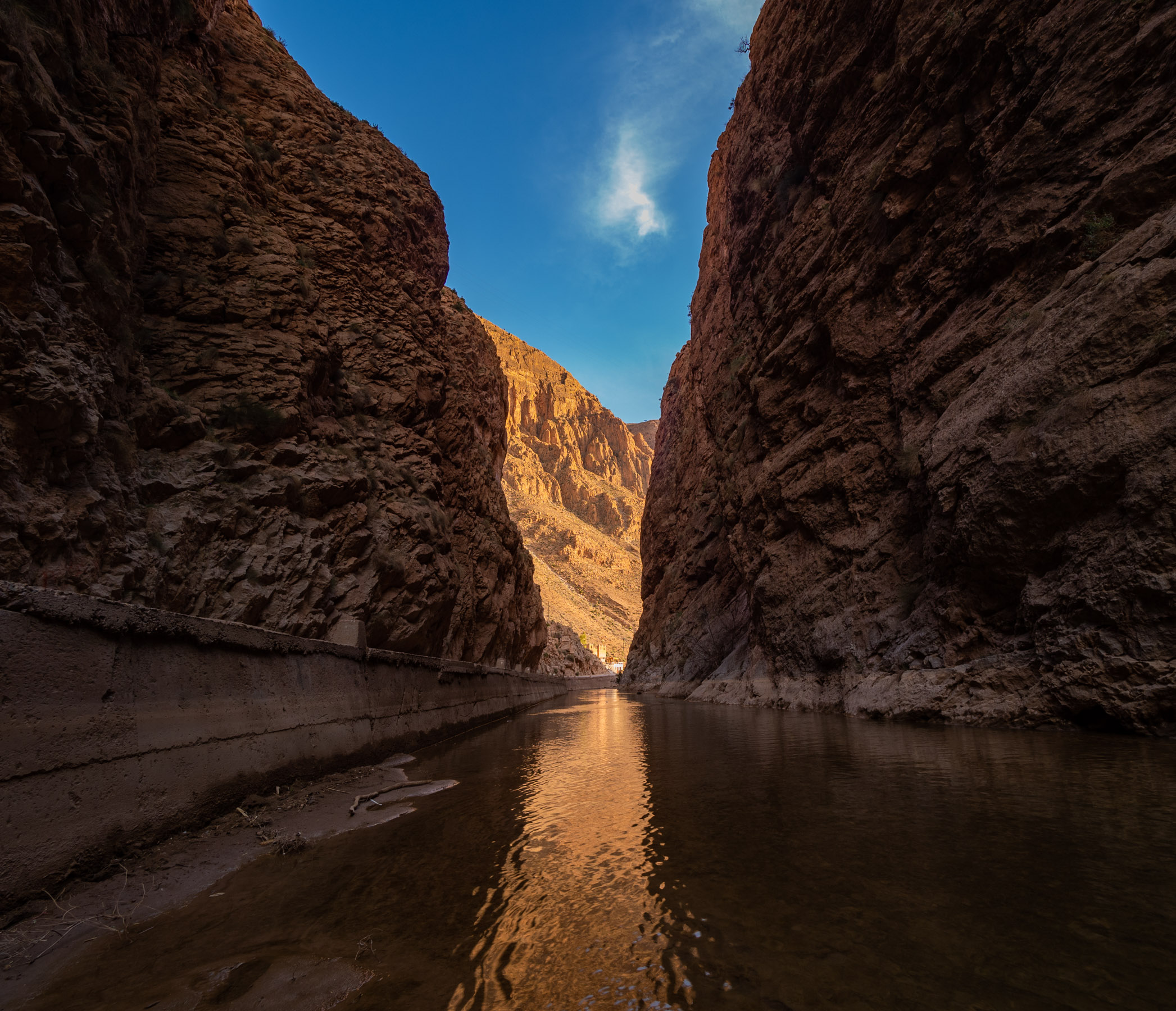
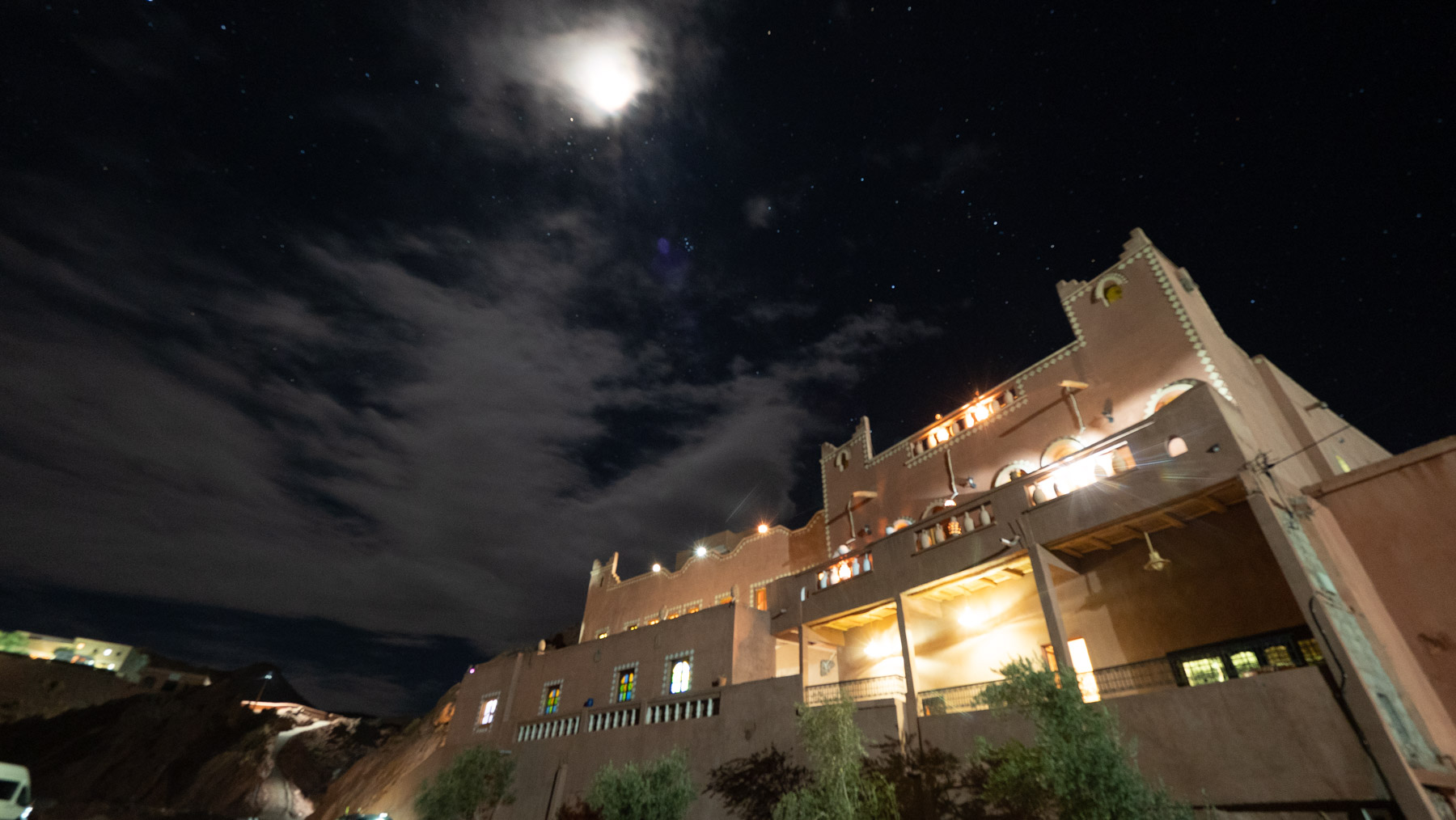
Tips for Understanding Moroccan Berber Identity in the 21st Century
When exploring the rich cultural tapestry of Morocco, it’s essential to delve into the intricate and fascinating world of Berber identity. To help travelers navigate this complex topic, here are some valuable tips to keep in mind:
1. Embrace Cultural Diversity
One of the key aspects of understanding Moroccan Berber identity is to embrace the country’s cultural diversity. Berber culture is an integral part of Morocco’s heritage, and by acknowledging and respecting this diversity, travelers can gain a deeper appreciation for the country.
2. Learn the History
Delving into the history of the Berber people is crucial for understanding their identity in the 21st century. From their ancient origins to their struggles for recognition, learning about the historical context of the Berbers will provide valuable insights into their way of life.
3. Engage with the Community
To truly understand Moroccan Berber identity, travelers should engage with the local Berber community. By interacting with Berber individuals, participating in cultural activities, and listening to their stories, visitors can gain a firsthand perspective on their traditions and values.
4. Respect Local Customs
Respecting local customs and traditions is essential when exploring Berber identity in Morocco. From dressing modestly to following etiquette guidelines, demonstrating cultural sensitivity shows a genuine interest in and respect for the Berber way of life.
5. Ask Questions
Don’t hesitate to ask questions and seek clarification when it comes to understanding Moroccan Berber identity. Whether it’s about language, traditions, or beliefs, engaging in meaningful conversations with locals can provide valuable insights and deepen your understanding.
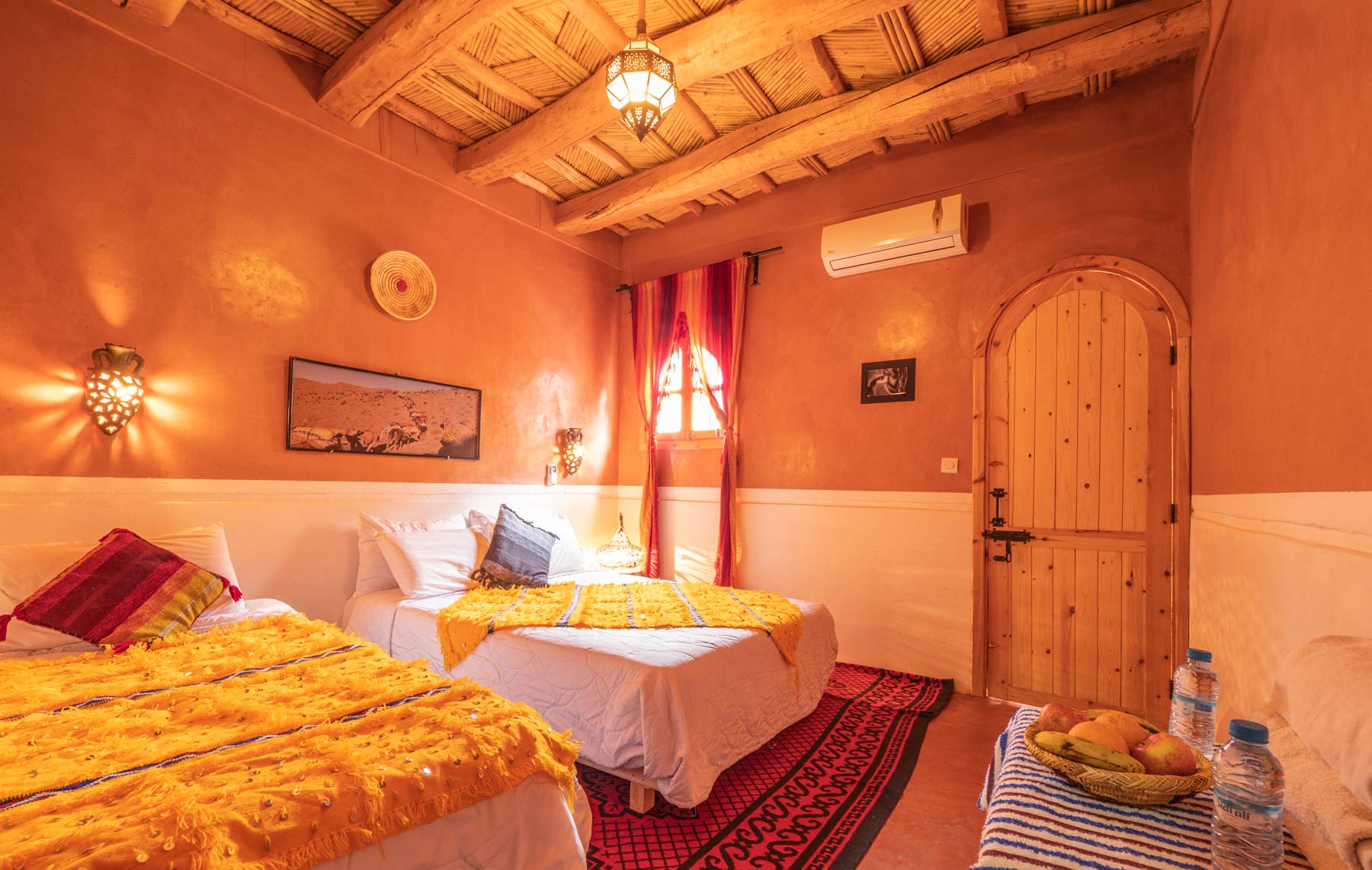
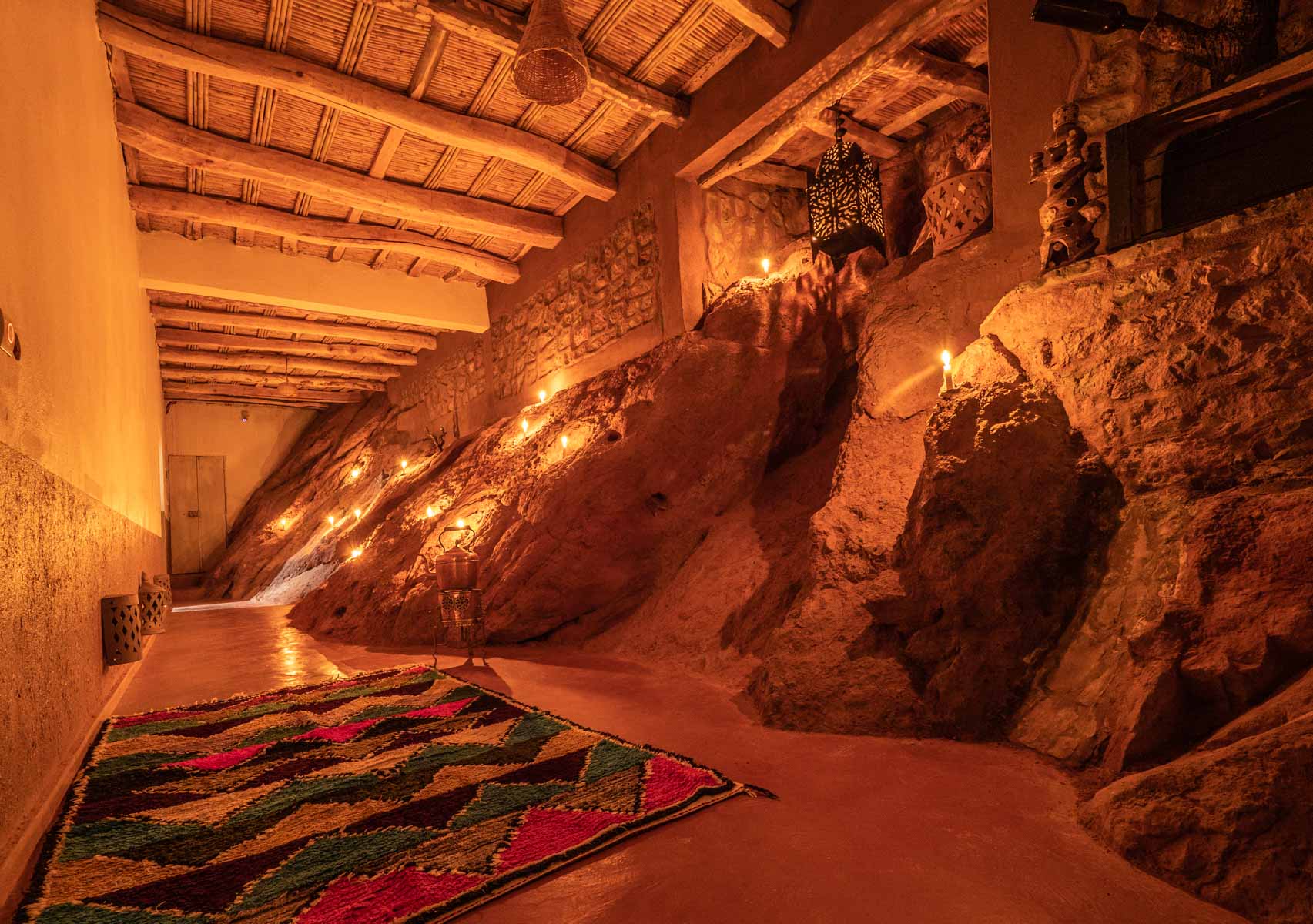
Exploring Moroccan Berber Identity
In the 21st century, the Moroccan Berber identity continues to play a significant role in shaping the cultural landscape of Morocco. Travelers seeking a deeper understanding of this rich heritage often find themselves captivated by the stories and traditions that have been passed down through generations.
Historical Significance
The Berber people have a long and storied history in Morocco, dating back thousands of years. Their influence can be seen in various aspects of Moroccan culture, from the language to the architecture. Exploring the ancient Berber villages nestled in the Atlas Mountains provides a glimpse into this enduring legacy.
Cultural Traditions
One of the most fascinating aspects of Berber culture is its vibrant traditions. From intricate textile designs to traditional music and dance, every aspect of Berber life is infused with a sense of history and community. Travelers can immerse themselves in these traditions by participating in local festivals and workshops.
Modern Influences
While the Berber identity is deeply rooted in history, it continues to evolve in the modern world. The younger generation is finding new ways to express their cultural heritage through art, music, and activism. Exploring urban centers like Marrakech and Casablanca offers a glimpse into how the Berber identity is adapting to the challenges of the 21st century.
Preservation Efforts
As interest in Berber culture grows, there is a renewed focus on preserving and promoting its traditions. Organizations and individuals are working to document oral histories, protect historic sites, and support local artisans. Travelers can contribute to these efforts by supporting sustainable tourism initiatives that benefit Berber communities.

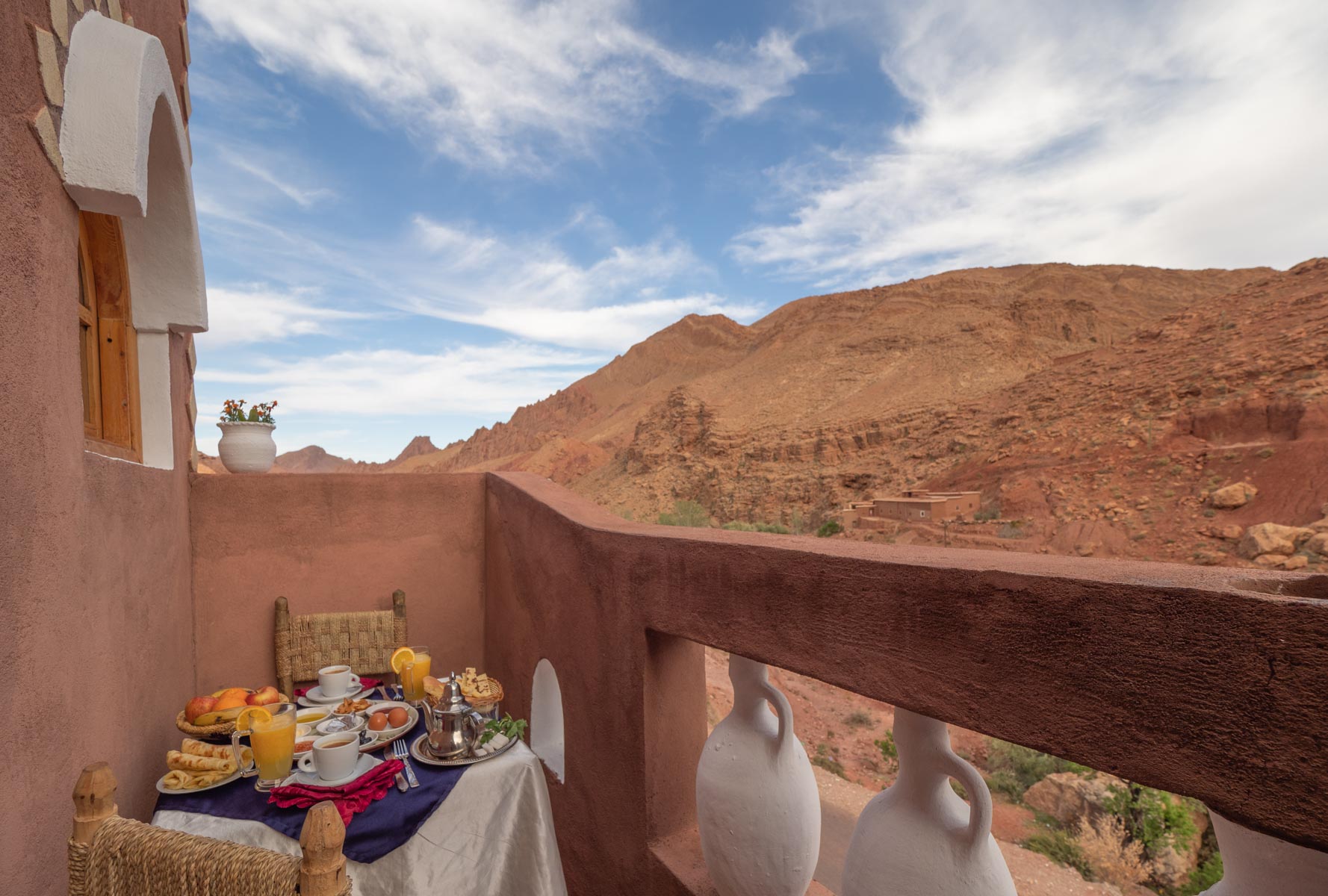
Before the Trip: Before embarking on a journey to explore the Moroccan Berber identity in the 21st century, it is essential to do some research and familiarize oneself with the customs and traditions of the Berber people. It is also recommended to learn a few basic phrases in Tamazight, the Berber language, to facilitate communication and show respect for the local culture.
During the Trip: While in Morocco, it is highly recommended to stay at Auberge Atlas Dades for an authentic Berber experience. Located in the stunning Dades Valley, this charming guesthouse offers comfortable accommodations, delicious traditional cuisine, and breathtaking views of the Atlas Mountains. Guests can also participate in guided treks and cultural activities to learn more about Berber heritage.
After the Trip: After returning from the journey, it is important to reflect on the experiences and insights gained during the exploration of Moroccan Berber identity. Consider sharing your experiences with others to raise awareness about the rich cultural heritage of the Berber people and the importance of preserving it for future generations.
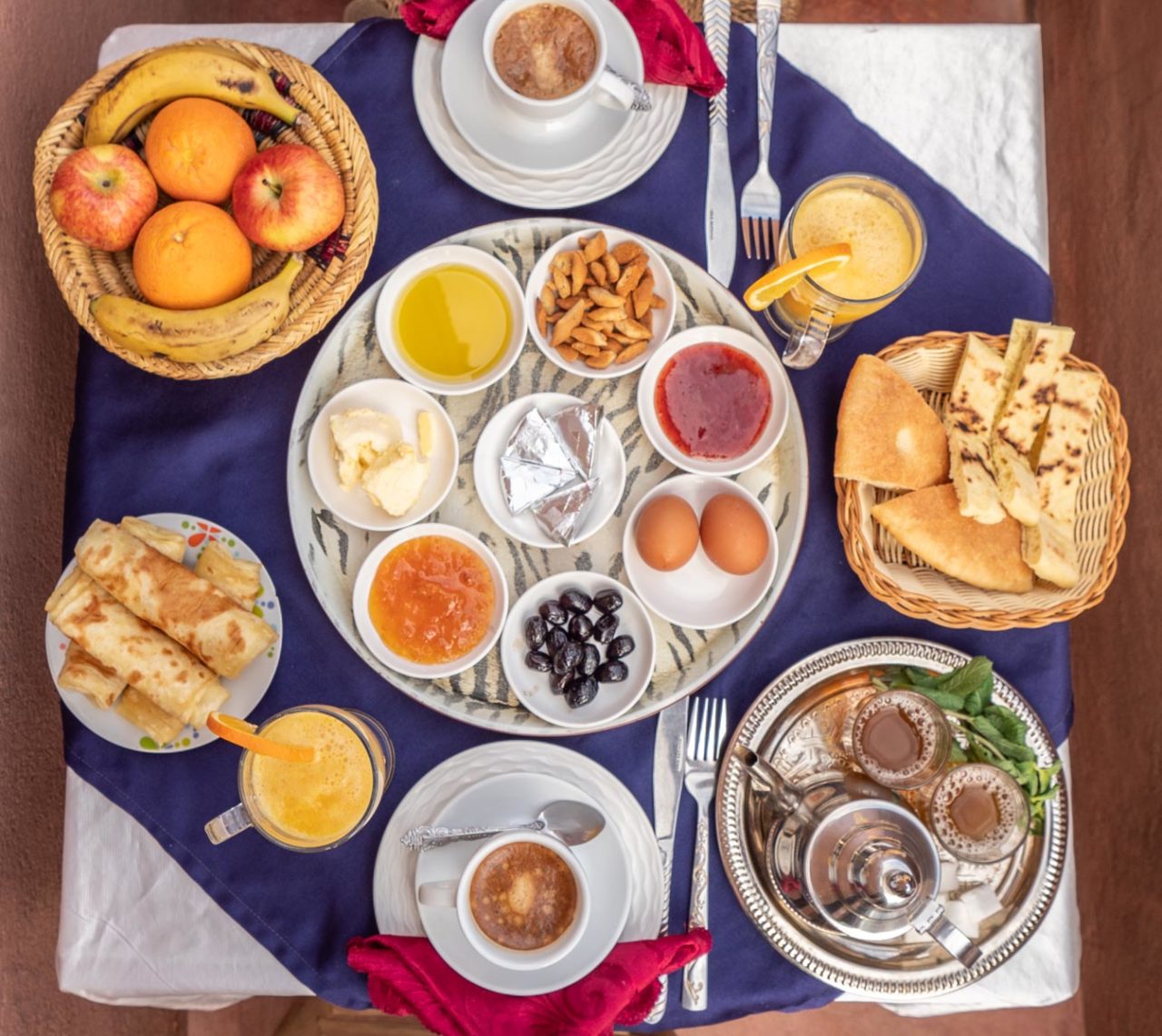


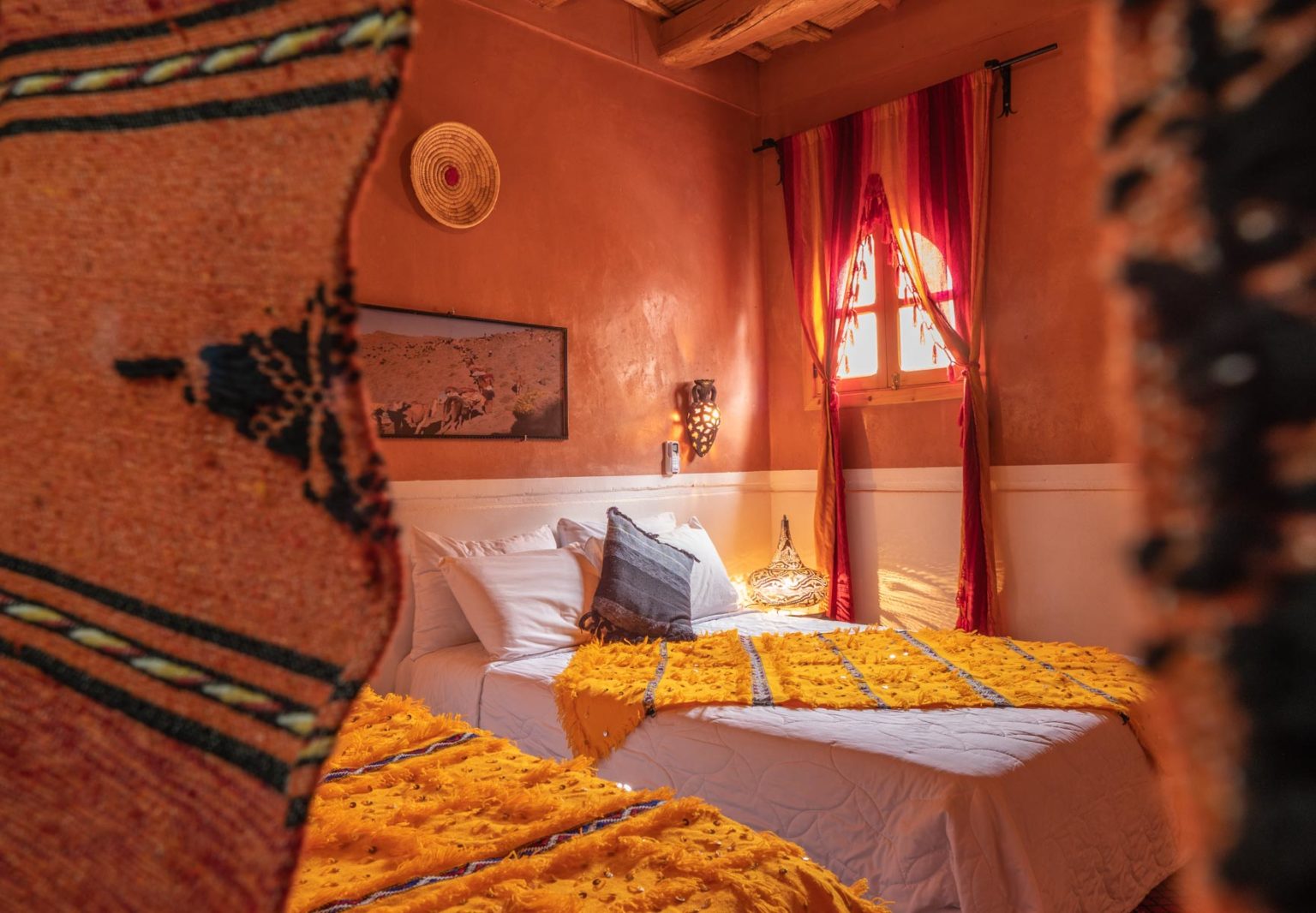
Frequently Asked Questions
1. What is the main focus of the article “Understanding Moroccan Berber Identity in the 21st Century”?
The main focus of the article is to explore the evolution of Moroccan Berber identity in the modern era and how it shapes the cultural landscape of Morocco today.
2. How does the article address the concept of Berber identity?
The article delves into the historical roots of Berber identity in Morocco and examines how it has adapted and transformed in the contemporary context.
3. What role do Berbers play in Moroccan society?
Berbers play a significant role in Moroccan society, contributing to the diversity and richness of the country’s cultural heritage and traditions.
4. How has Berber identity evolved over time?
Over time, Berber identity has undergone various transformations influenced by historical events and societal changes, leading to a dynamic and complex identity today.
5. What are some common misconceptions about Berber identity?
One common misconception is that Berber identity is static and homogeneous, whereas in reality it is diverse and multifaceted.
6. How do Berbers preserve their cultural heritage?
Berbers preserve their cultural heritage through oral traditions, festivals, craftsmanship, and a strong sense of community and identity.
7. What impact does globalization have on Berber identity?
Globalization has brought both challenges and opportunities to Berber identity, influencing aspects such as language use and cultural exchange.
8. How can individuals learn more about Berber culture?
Individuals can learn more about Berber culture through traveling to Morocco, engaging with local communities, and participating in cultural activities.
